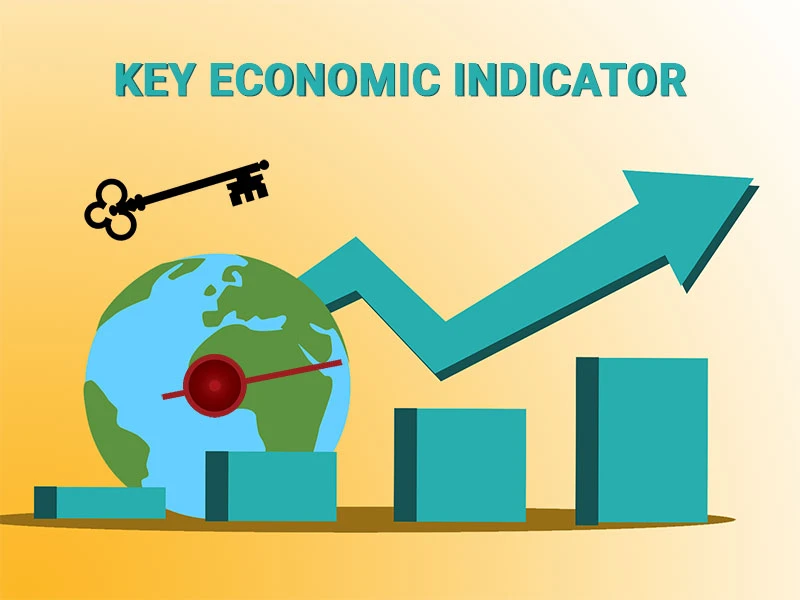


The foreign exchange markets are currently experiencing a period of remarkable calm as volatility levels plummet. This decline in volatility is attributed to expectations surrounding central bank policies [6ca5d1d2]. However, experts warn that this period of calm may not last.
Kit Juckes, head of foreign exchange research at Société Générale, notes that despite the US economy performing better than expected and the German economy struggling, the Dollar Index is trading at the average level of the past year [6ca5d1d2]. This suggests that the market is betting on other central banks only cutting rates once the Federal Reserve does so. Juckes highlights the correlation between central bank policies but also points out the underlying economic divergence that is occurring [6ca5d1d2].
Currency traders are now preparing for a 'Vol Killer' summer as they anticipate narrow currency ranges following the Federal Reserve's rate cut projection [91b98fc3]. The FX Volatility Index has already fallen after weak inflation data and Powell's projection, leading option traders to expect currencies to stay in narrow ranges, reducing trading opportunities [91b98fc3]. The Fed's decision to cut rates reduces the possibility of a quick summer rate cut, and traders are closely watching upcoming events such as the French elections and US core PCE for potential currency moves [91b98fc3]. The subdued volatility is expected to benefit carry traders, and the Bloomberg Dollar Spot Index has historically shown a tendency to climb during the northern hemisphere summer [91b98fc3]. However, traders remain uncertain if the calm period is here to stay or if they are in the eye of the storm [91b98fc3].
The Bank of England (BoE) is expected to announce a rate cut, which is causing uncertainty and triggering dramatic swings in the value of the pound [23861ec0]. The pound has been volatile against major currencies as traders closely watch the BoE's announcement [23861ec0]. The decision by the BoE will have a significant impact on the pound's value, and the extent of the rate cut will determine the pound's future trajectory [23861ec0]. Traders are preparing for potentially dramatic swings in the pound as uncertainty surrounding the rate cut persists [23861ec0]. The announcement is scheduled for an upcoming date, and the pound's value will depend on the outcome of the rate cut [23861ec0].
The pound has slipped ahead of the Bank of England's interest rate decision, which is expected to keep interest rates unchanged at 0.1% [d439c590]. The decision will be announced on August 5th [d439c590]. The pound has been under pressure due to concerns about the Delta variant and rising inflation [d439c590]. The Bank of England's decision will provide insight into the central bank's stance on monetary policy [d439c590].
The pound is currently facing pressure due to speculation of a rate cut by the Bank of England [1885e742]. Traders are closely watching the BoE's announcement, as it will have a significant impact on the pound's value [1885e742]. Meanwhile, the US dollar is being supported by strong US GDP data [1885e742]. These factors are influencing the currency market and contributing to the current calm period in exchange rate markets [1885e742] [6ca5d1d2] [91b98fc3].
Monetary policy decisions by the Bank of England (BoE) and the US Federal Reserve (Fed) directly influence the GBP/USD exchange rate. The UK economy has shown resilience despite post-Brexit challenges and inflationary pressures. The US economy's high but falling inflation, solid consumer spending, and tight monetary policy have supported the US dollar. Geopolitical factors, such as trade relations between the UK and the EU post-Brexit and US policies towards China, could cause fluctuations in the exchange rate. The relative economic performance of the UK and the US will be crucial in determining the strength of the GBP/USD exchange rate. Overall investor sentiment and confidence in the global economic recovery also play a role in the exchange rate. Short-term forecasts indicate continued volatility dependent on central bank decisions and key economic indicators [48f15bff]. Monetary policy decisions by the Bank of England (BoE) and the US Federal Reserve (Fed) directly influence the value of GBP to USD. The UK economy's resilience, labor market, economic growth, and consumption levels are key indicators to watch. The US economy's inflation, consumer spending, employment data, and GDP growth impact dollar strength. The BoE could adjust interest rates to control inflation, while the Fed could moderate rate hikes if inflation stabilizes. Geopolitical tensions and trade relations between the UK-EU and US-China can cause fluctuations. The relative economic performance of the UK and US will be crucial. Investor sentiment and confidence in the global economic recovery also play a role in GBP/USD movements [57233ad8].